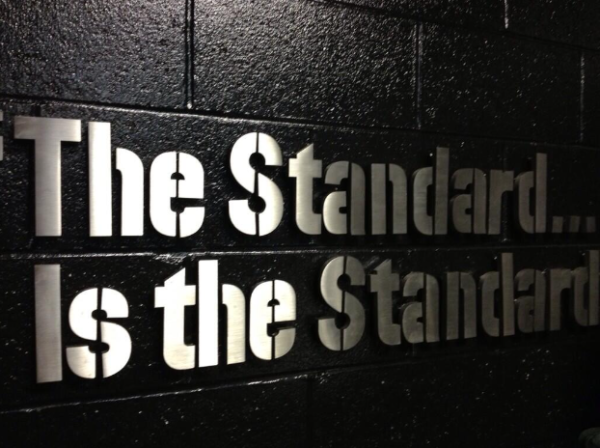Changing class requirements would promote learning, not just passing

February 10, 2021
Imagine this: It’s the night before a test that you forgot about or spent too much time procrastinating your studying that you ultimately have to resort to cramming. We’ve all been there before, but why do we do it? By the time it’s 1 a.m., we’re surely not retaining information.
But this isn’t a worry for a lot of students, as most admit a majority of their schoolwork is about passing at this point, not actually learning.
Students learn what they want to learn or what they think is important to them and their future. Coming from the standpoint of a high school student, there have definitely been many times when I studied a concept just to pass the test. As soon as the test is over, I pretty much forget the information.
There’s so many topics I’ve learned in school that made me wonder, “when am I ever going to need this in life?” Unfortunately, as a result, I’m not motivated to really learn and study that information, as I have “more useful” things to learn and other classes that are more significant to my future.
“In my opinion, school is more about passing than learning. I believe this because I feel like students have a lot of pressure placed on them to do well. There are few people that I know who actually view school as learning instead of passing. I also think this because even if someone knows the material, they may not do well on a test and get upset. People care so much about a percent and a letter grade more than the learning itself because at the end of the day, it all comes down to your future. The mindset is if you pass, you will be successful in life. Who doesn’t want to be successful?” junior Emily Wurzer said.
For many people, school has come down to the grade at the end of the nine weeks. Many base their own worth or self image off their GPA.
This mindset is unhealthy, and a lot of it actually comes from pressure from our parents and the fear of failure and disappointing them.
“My parents are so hard on me about my grades and I’m always worried about disappointing them rather than worrying about not understanding the content. I’d rather get a decent grade than admit to failure and deal with the consequences,” junior Sasha Dzurovchik said.
It’s in the nature of most parents to be concerned about their children’s grades and if they are passing their classes, but some families place more pressure on their kids than others. If you come from a family of nurses, for example, you might feel like you have to become a nurse and continue the family legacy. The same can go for being accepted into a certain college.
This problem of passing vs. learning won’t go away anytime soon if the high school education system remains as it is. In every state, a certain amount of credits is required to graduate. In Pennsylvania, this number is 21. This includes literature, mathematics, science, social studies, physical education, and other electives. There comes a point in each student’s high school career when he/she feels like a certain history class, for example, won’t be of any use to him/her in life. For this reason, that particular class becomes a blow-off class that he/she is just trying to pass.
To fix this problem, there should be more flexibility in student’s schedules. From my experience, our high school has a wide variety of courses and electives that can cater to almost any student’s plan after graduation. However, under the state law, we are still required to take classes that seem like busy work for many of us and I wish there was more leniency in that.
Courses that will actually prepare students for their individual lives after high school would be far more useful and would encourage many of us to actually learn and retain information.











